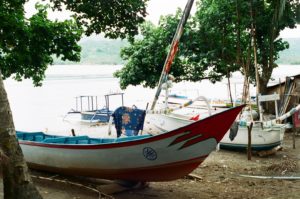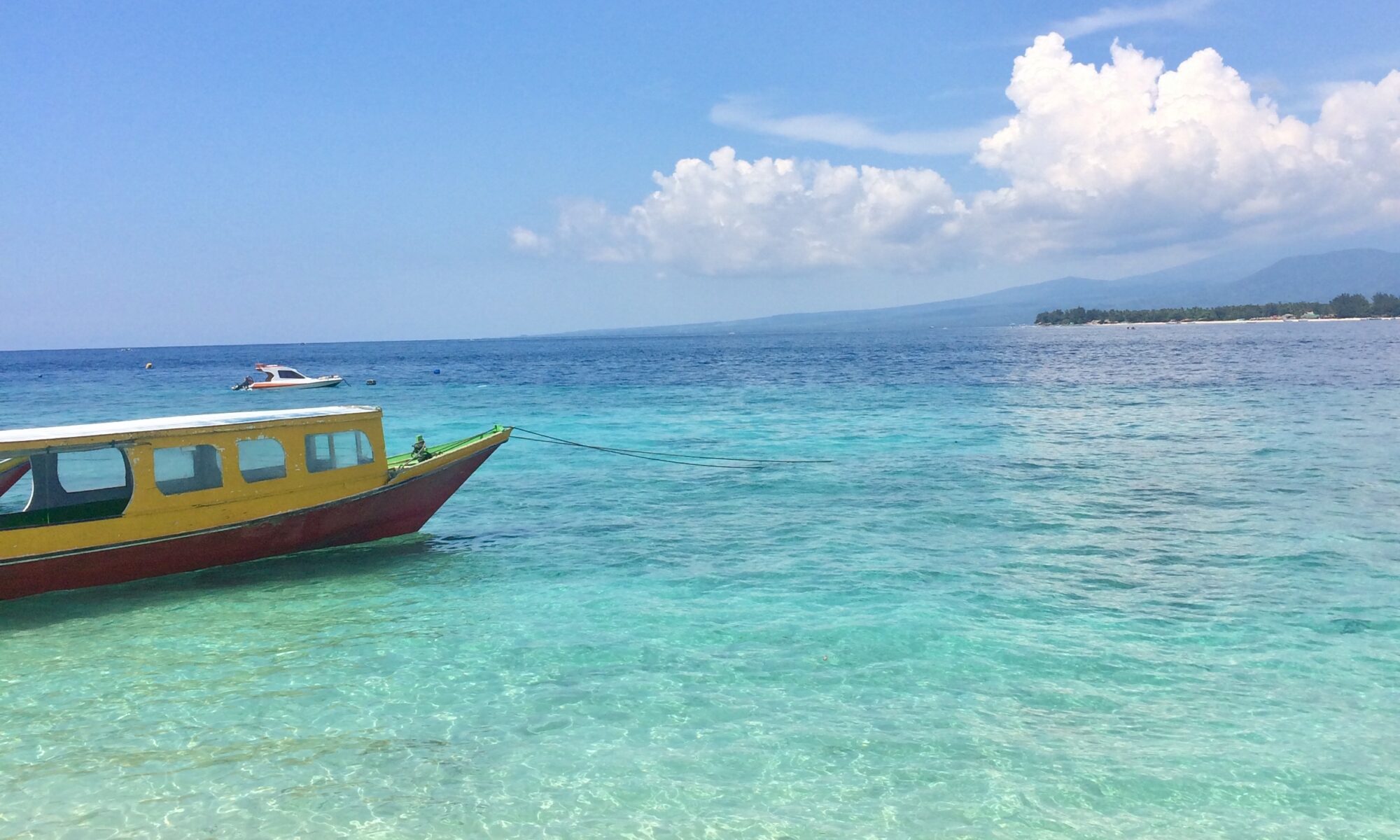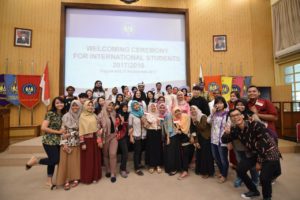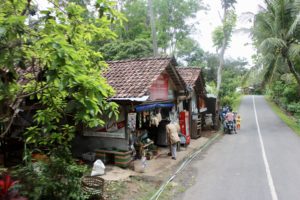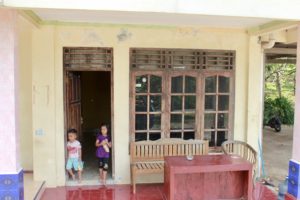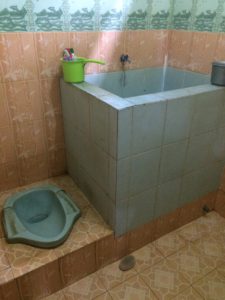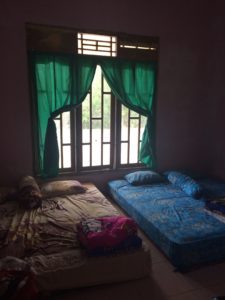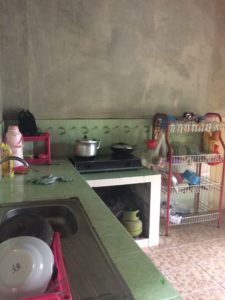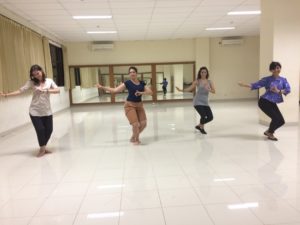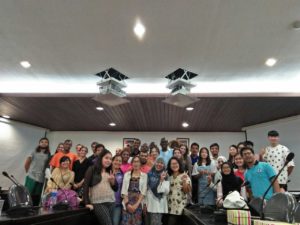Gili Gede is the new place I will call home.
I never thought I would make this move – moving to an Island with no electricity, no reliable water source, no hospital, no pharmacy, no supermarket, no shopping malls, no beauty salon, no restaurants, and so on – basically nothing is on Gili Gede.
But, I fall in love! No, not with a man – but with Gili Gede.
Let me introduce you to my new home.
Gili Gede means “big island” and the island is approx. 4km long and various from 300m to 1.5 km in width. Here is no transport on the island, other than by boat, but the beach and coast walk offer access around and across the island. If you need transport you simply wave at a passing local boat with a roof on it and it will pick you up and deliver you to your destination for a small taxi fee.
There are five sub-villages on the island; Tanjungan, Labuan Cenik, Orong Bukal, Pengamatan and Gedang Siang. I will live in Labuan Cenik. Most of the locals are generally fishermen or boat builders or both and are seen daily repairing their nets, boats and motors. More and more locals are participating in the tourist sector by working at hotels, building new accommodation, transporting and guiding tourists as boat captains etc.
The spoken language on the island (mother tongue) with much of souther Lombok, is Sasak. Bahasa Indonesia is a second language and used for general and inter-tribe communication in the whole of Indonesian.
As mentioned before, there is no electricity on the island as yet, so it is necessary to use a generator, generally form sunrise to about 11:30pm. There is also no reliable water source on the island so I need to bring fresh water by boat, which is obviously not environmentally friendly, until the government connects the island to the main grid electricity.


